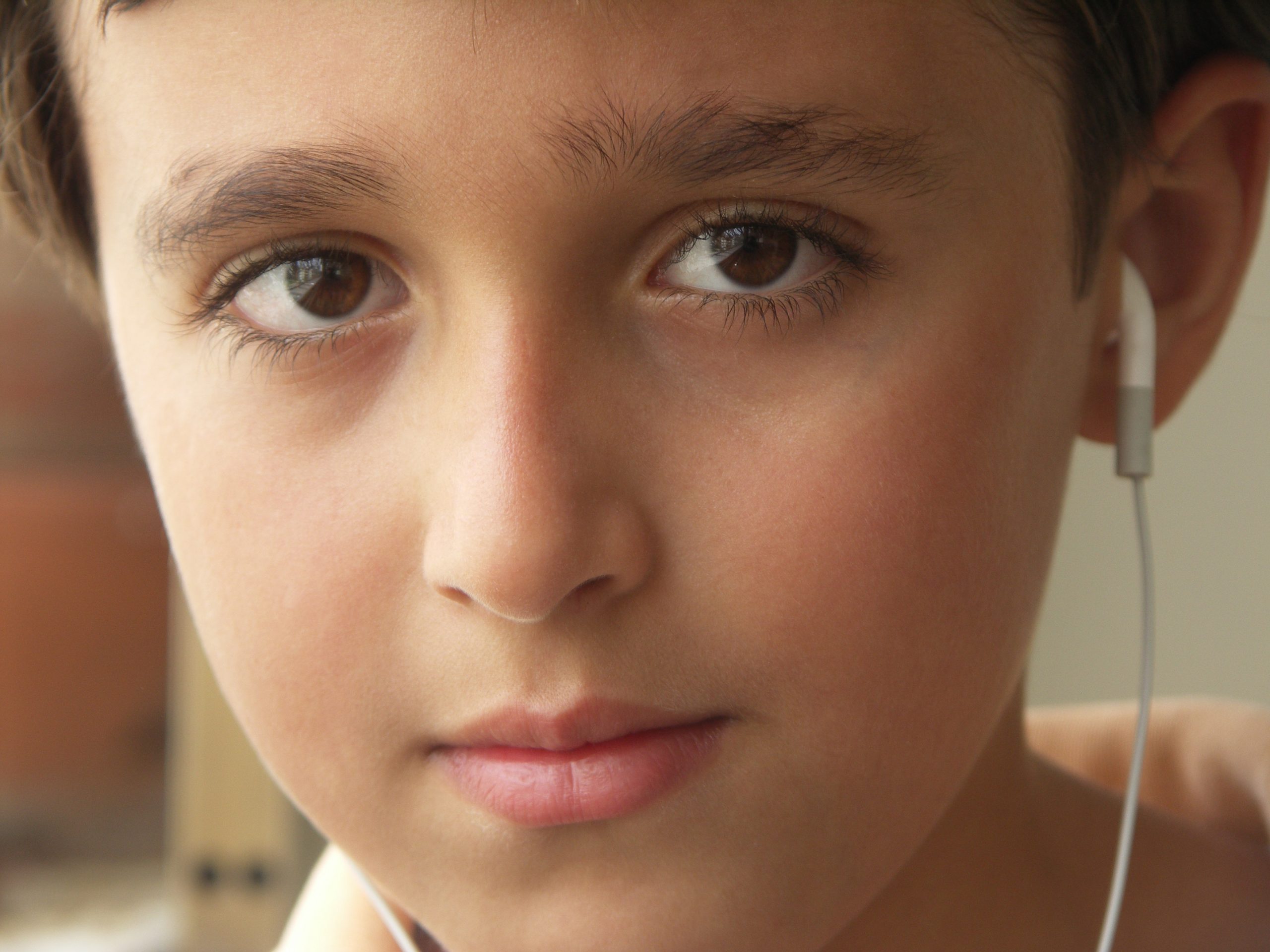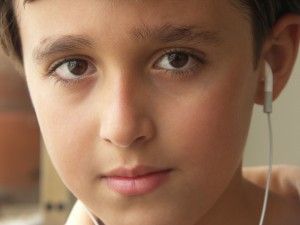How to Talk to Your Kids About the Connecticut Tragedy

 By Luz Chavez, Gozamos
By Luz Chavez, Gozamos
The tragic school shooting in Connecticut is difficult enough for adults to understand. How does one even begin talking to children about this? We did some research and collected the most helpful tips for you.
1. Reassure them. Let children know that they’re OK and safe. Remind them that these types of incidents are rare. Young children will likely respond to calm words and extra hugs. Tweens and teens may try to hide their fear by acting tough in front of you. Hug them anyway.
 2. Listen. Answer any questions they have. Don’t avoid talking about the tragedy. Ask, ”What do you think about what happened? What did your friends say about it?” Clear up any rumors and inaccuracies they may have about the shooting. Tweens and teenagers can be prepared to talk about the tragedy more in depth. Encourage a discussion and keep it revolved around theirthoughts, feelings, and issues.
2. Listen. Answer any questions they have. Don’t avoid talking about the tragedy. Ask, ”What do you think about what happened? What did your friends say about it?” Clear up any rumors and inaccuracies they may have about the shooting. Tweens and teenagers can be prepared to talk about the tragedy more in depth. Encourage a discussion and keep it revolved around theirthoughts, feelings, and issues.
3. Validate their feelings. Listen to how they feel and let them know that it’s okay to be scared, sad, or angry. If they have concerns about safety at their school, don’t dismiss them. Encourage them to share examples of safety measures at their schools and any ideas they have for improving safety.
4. Consider your child’s age. The younger your kids are, the fewer details they need to know. Stick to the basics and turn off your TV, as the images and news can be further traumatizing.
5. Monitor them. Kids might act out or have separation anxiety for a few days. Be patient and give them space to express their feelings. Check in on them and calmly ask how they’re doing, so you give them an opportunity to talk about their feelings further, should they need to. Keep a close eye on teens, as they can be more affected by such tragedies. In the age of social media, children can easily find information and images about the shooting that they may not be able to process on their own. Monitor their Internet use as well.
6. Be calm. It’s okay for children to see and know that the tragedy saddens you, but they also need you to be calm and strong in a time when they may feel most vulnerable and insecure.
7. It’s OK to not have all the answers. The number one question any child or adult will ask is, “Why did this happen?” Or, children may ask why the shooter did this or might delve into religious questions. Be honest. It’s okay to say “I don’t know.” If they ask for more details about the incident, tell them that there is only so much that is known about it right now.
8. Do something positive. After talking to your kids about the incident, focus their energy on something positive. Talk about what you are grateful for, do something kind for someone you know, or donate to those in need. Show your kids that there is plenty of good in the world and that they can make positive contributions to it.
9. Keep living your life. Demonstrate that fear and tragedies like these cannot keep them from living their lives. Give your children a sense of strength and stability by continuing with your routine as planned.
10. Hug them tighter. Again and again.
This article was first published in Gozamos.
Luz Chavez is a Chicago native, a proud daughter of Mexican immigrants parents who raised her close to her roots without letting tradition restrict her choices. One of first Latina couples to get civilly united in Illinois. Educational publishing editor by day. Gozamos editor, volunteerholic, and news junkie by night. Amo mi gente. Adelante siempre.
[Photo by necogarnic]
